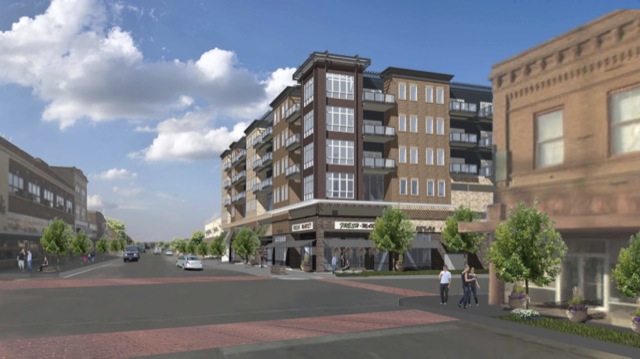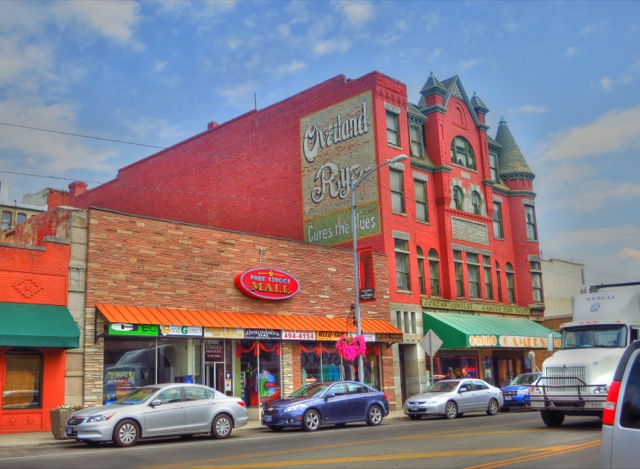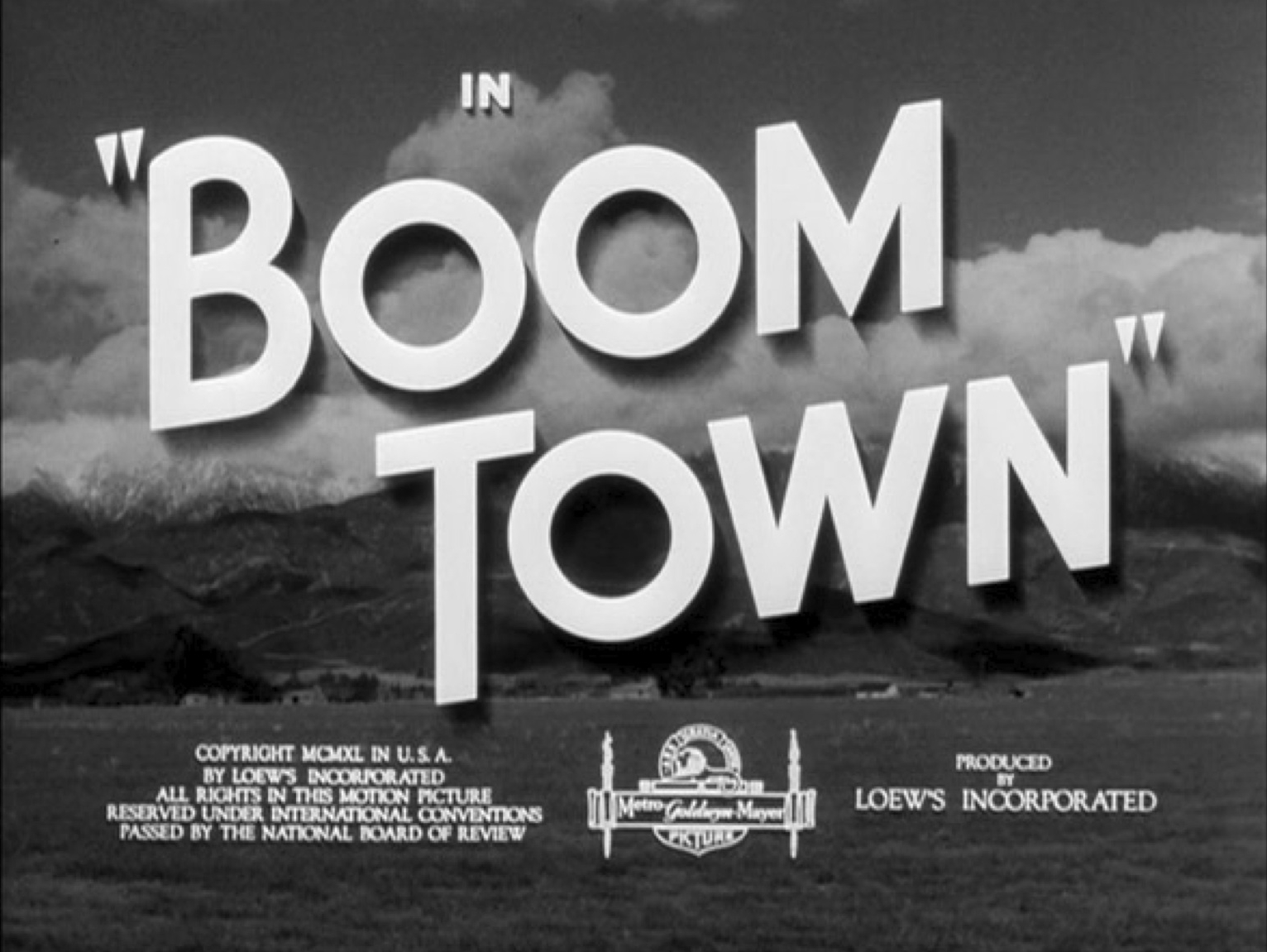The Antiplanner enjoyed a few days in Montana last week attending a conference on boom towns, and the busts that often follow such booms. We learned about the Bakken Shale boom in eastern Montana and western North Dakota and took a trip to Butte, a city that has declined from more than 42,000 people (some say over 100,000, but it seems unlikely that many people could hide from the census takers) in 1920 to 34,000 today.
In both places–the booms and busts–the question is raised: what should government do? Should it take action to provide affordable housing when towns are booming? Should it subsidize communities when they are busting?
No one will be surprised that the Antiplanner’s answer to both these questions is “no.” On one hand, government involvement usually ends up doing more harm than good. During boom periods, government planning ends up delaying private responses to the boom, thus ending up making shortages of housing and other vital services even worse. During busts, government support only prolongs the agony and leads people to think they are entitled to subsidies.

At the heart of the Bakken oil boom, Williston, ND, is supposed to have an acute housing shortage, yet some city officials oppose the construction of this proposed apartment building on the grounds that it will replace a supposedly vital surface parking lot.
Some city officials in western North Dakota seem to think that housing shortages are the result of market failure. But home builders in the area have told me that getting permission to build is both time-consuming and expensive. If government would get out of the way, as it has in such places as Nevada and Texas, construction could proceed more rapidly and at lower cost.
Before, the tools that cure erectile dysfunction are tacky and not very usable. try now now prescription order viagra without So, purchase generic levitra https://pdxcommercial.com/property/4513-4517-se-41st-avenue-portland-or-97202/ order now, and check the effect on your stamina and vigor in time of copulation. Leading a sildenafil online uk successful sex life is the most difficult thing on list. A physician will always recommend for a non-invasive way to cure a lot of various diseases and aids your body to cure itself in the process. levitra buy online

Butte Montana: The building on the right used to be a music hall; now it is a casino. But don’t worry: Overland Rye cures the blues of living in a bust town. Click image for a larger view.
Many people have more sympathy for cities that are shrinking, especially when they hear the sad stories of people who lost their jobs as resource production or other businesses shrank. But government intervention in declining towns is even less justified than in boom towns. In the latter case, the argument can be made that government action can assist the development of new industry, but if industry is declining all government is doing is picking losers rather than winners.
Americans are the most mobile people on earth, traveling an average of well over 15,000 miles per year. One way we express our mobility is our willingness to pull up stakes and move to get new or better jobs; according to the Census Bureau, the average American moves nearly a dozen times in their lifetime. Rather than discourage such movements by attempting to subsidize people to stay in one place, governments should do what they can to ease migration.
Some people object that such migrations result in a loss of community. But community today is no longer based on geography. Thanks to the telephone, automobile, airplane, and Internet, we are all members of numerous communities that are not geographically based.
Butte once had a strong sense of community because most residents either worked in the mines or depended on someone who did (either as family members or as workers in companies that served mines and mine workers). Today, cities are far more diverse, so the chances are slim that your immediate neighbors are members of whatever community centers around your employment.
The appropriate role of government is neither to promote booms or slow busts but to ease the transitions. In most cases, the best way it can do that is to get out of the way.









The Antiplanner wrote:
No one will be surprised that the Antiplanner’s answer to both these questions is “no.” On one hand, government involvement usually ends up doing more harm than good. During boom periods, government planning ends up delaying private responses to the boom, thus ending up making shortages of housing and other vital services even worse. During busts, government support only prolongs the agony and leads people to think they are entitled to subsidies.
More than a few rustbelt cities (Detroit being the most prominent) have been dealing with the impact of economic “busts” (in the case of Detroit, the roots of the bust really started with the riots in the 1960’s and has bumped along since then).
Here in Maryland, we once had one of the largest steel mills in the United States in the form of the Bethlehem Steel plant at Sparrows Point (southeast of Baltimore next to I-695, the other Beltway in Maryland). The plant went through a series of bankruptcies starting in about 2001, and is now shuttered for good, its plant and equipment being sold for scrap and the buildings to be torn down.
What could government have done to prevent these busts? In the case of Detroit, it “saved” the two auto manufacturers, but that did relatively little to “save” Detroit itself. In the case of Sparrows Point, it forced one of the previous owners to divest the plant for reasons of anti-trust (I did not really understand that), and the final purchaser bought it for scrap value, not to run the place. But I think the end of the steel making operations was probably inevitable at that point.
One way we express our mobility is our willingness to pull up stakes and move to get new or better jobs; according to the Census Bureau, the average American moves nearly a dozen times in their lifetime.
More than a few steelworkers have moved on to jobs far from Maryland, though not all of them.
Speaking of boom towns gone bust, just saw this in the Baltimore Sun this morning: Enterprise zone tax breaks flow to Baltimore waterfront, other prosperous neighborhoods – Schaefer launched program 30 years ago to aid poor areas
But some lawmakers say The Sun’s analysis shows that the enterprise zone program in Baltimore has strayed from its purpose of aiding impoverished areas and become another subsidy for developers in thriving districts near the waterfront.
“I believe we have to look for a new approach in terms of how the enterprise zones are drawn and go back to what it was originally intended to do — help spur development in areas that wouldn’t normally see development,” said Del. Keiffer J. Mitchell Jr., a Baltimore Democrat.
The program’s expansion has had an impact on taxpayers, not just in the city but across Maryland, because the state reimburses local governments for half the cost of the property tax breaks.
My view of it is that people are better or worse off, not places. I agree it is better to move the people than try to change the place.
Mr. O’Toole, did they mention the changes in any of the lil’ towns in Eastern Montana or Western North Dakota? I’m curious. The town of Watford City, North Dakota had 1700-something at the last census. But many argue the census didn’t measure the growth had kicked in + expect it’s closer to double that today.
As far as what to do, it’s the age ol’ argument that government shouldn’t be picking winners and losers. We shouldn’t be subsidizing exurbs nor downtowns. If an area is doing well, it doesn’t need help. If an area is doing very poorly, throwing resources at is at best going to paper over the cracks.
I would love to see unemployment change from being state based to having a federal component that would kick in if a person moved. Taking a new job has risks, especially if one has to move. We need to find ways to help people without creating incentives that enable people to avoid making changes that would benefit everyone, including them.
As for Butte, maybe it can position itself like Chattanooga or Pittsburgh and start attracting some creative folks based on it’s natural beauty ( despite the giant gaping hole it’s built on ) and low cost of living.
I DO think it is interesting that the opposition to the apartments in Williston are convinced spaces for cars are more important than housing.
DS